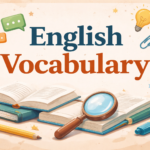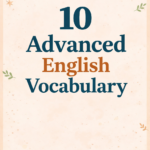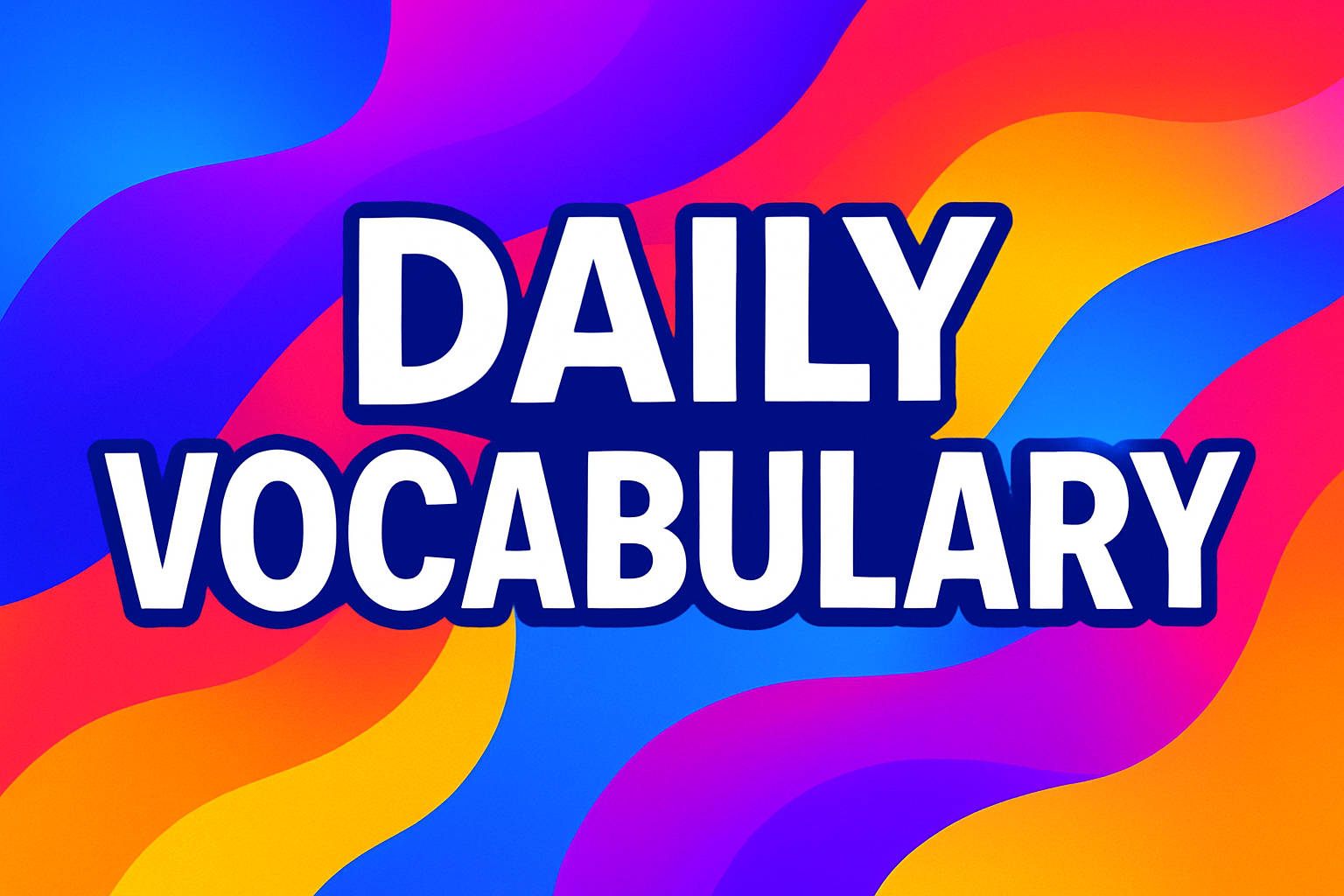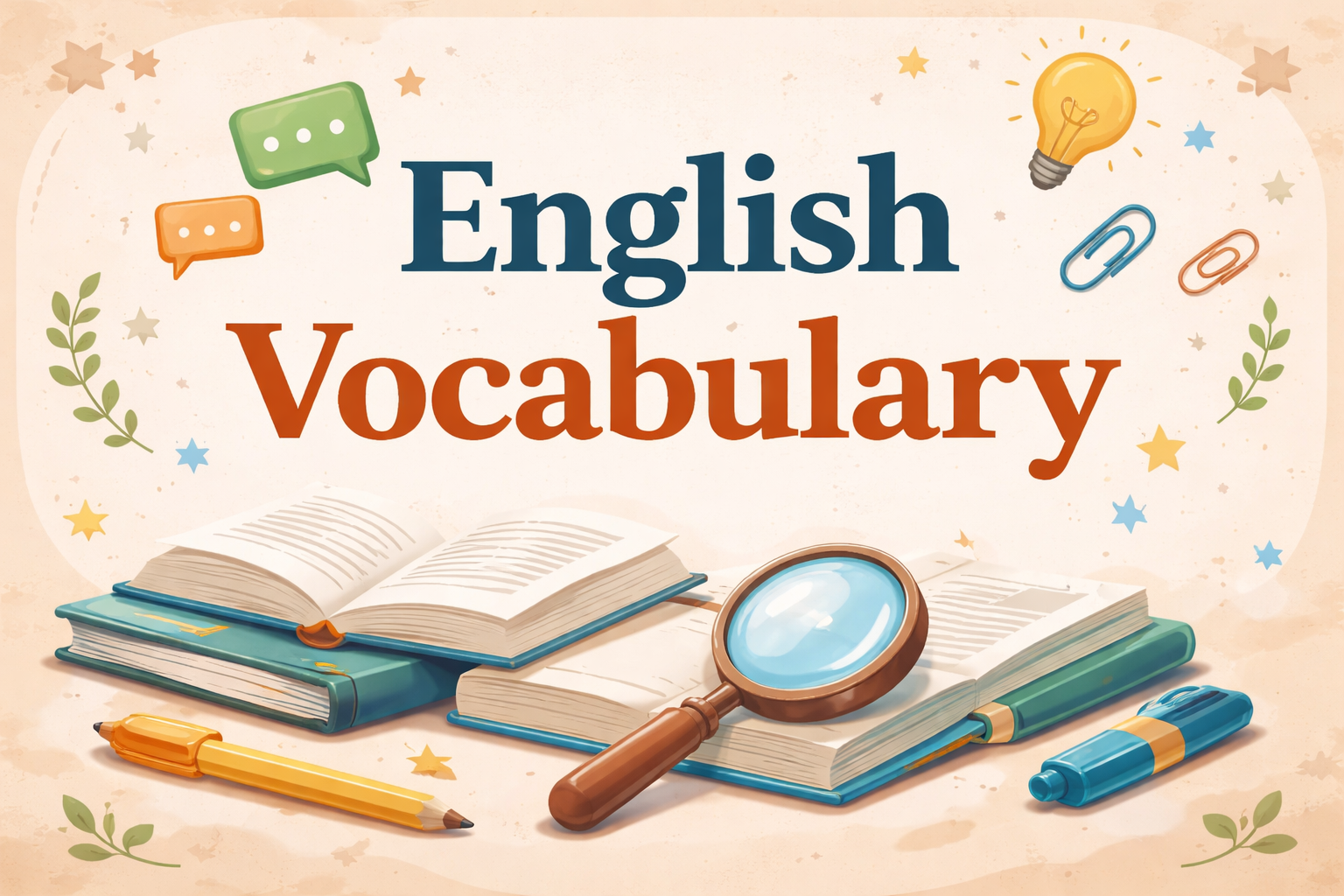Introduction
Vocabulary plays a vital role in learning and using any language effectively. It is the foundation of communication, as words are the building blocks of expressing thoughts, ideas, and feelings. A strong vocabulary not only improves speaking and writing skills but also enhances reading comprehension and listening abilities. Without sufficient vocabulary, it becomes difficult to understand others or to make ourselves understood.
Importance of Vocabulary
Having a wide vocabulary helps in daily communication, whether it is at school, work, or in social situations. It allows people to express themselves more clearly and confidently. Good vocabulary also improves academic performance, since it supports better understanding of texts and instructions. In professional life, a strong vocabulary helps in interviews, presentations, and building relationships. Additionally, vocabulary enriches thinking because the more words we know, the better we can describe our ideas and emotions.
Greet – The act of saying hello or welcoming someone.
Purchase – Buying something in exchange for money.
Schedule – A planned list of times and activities.
Appointment – A fixed time to meet someone or do something.
Conversation – An exchange of thoughts or ideas through talking.
Directions – Guidance on how to reach a place.
Bill – A written statement showing money you need to pay.
Receipt – A document that proves payment.
Borrow – To take something for a short time with the intention of returning it.
Lend – To give something to someone for temporary use.
Hurry – To act quickly because of limited time.
Delay – A situation when something happens later than expected.
Comfortable – A state of feeling relaxed, safe, and at ease.
Hungry – The feeling of needing food.
Thirsty – The feeling of needing a drink.
Tired – A state of needing rest or sleep.
Busy – Being occupied with many tasks.
Polite – Showing respect and good manners.
Problem – A situation that is difficult or needs a solution.
Solution – The way to fix or resolve a problem.
Conclusion
In short, vocabulary is essential for effective communication and overall language development. It empowers people to express themselves accurately, understand others better, and succeed in both personal and professional life. Building vocabulary should be a continuous process, as it is the key to mastering any language.










